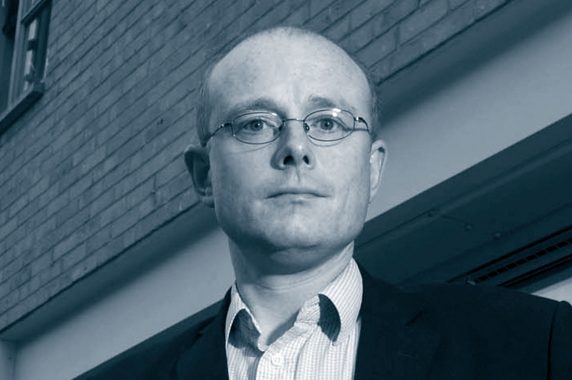An alert system would prove how busy we are

‘GPs busy, yeah we’ve heard it all before, change the record!’
This is how some sectors of the media and general public react to our claims of being overburdened with work in primary care. The time has come for us to prove what ‘busy’ really means.
OPEL is a warning system, with four colours, from green to black, which allow secondary care trusts to warn other hospitals of how busy they are. Black alert means that they cannot accept any more patients, and they will need to be diverted to another trust.
It is fact that although the public trust we GPs more than most other professions, the Government and ‘powers that be’ do not. You need look no further than at the level of micromanagement that occurs in CQC inspections, annual appraisal and revalidation for evidence of how those in charge see us – as naughty schoolchildren who cannot be trusted to mark their own work.
In the area I work, a pilot OPEL warning system for primary care is in the planning stages. If this does take off, it could be one bit of self-micromanagement that does work in our favour.
If established successfully in primary care, it will allow PCNs to communicate with other PCNs on an hourly basis as to how busy they are, and if a crisis is developing, put contingency plans in place early to avoid it.
How would it work in practice? Well, if a practice within a PCN is struggling, for example due to doctors being off sick, other practices within the PCN could step in and offer appointments to the struggling practice’s patients. If a whole PCN is overburdened, then a neighbouring PCN may be able to help out, or patients diverted to NHS 111.
The next step thought is to accurately map out workload so we can show exactly how busy we are. Recent ill-thought through communications from NHS England have made ongoing workload mapping even more crucial.
This means that we document on our appointment screens not only the phone and face-to-face consultations, but also all the significant time-consuming tasks which are neither of the above, that we undertake during a working day, such as reading letters, signing prescriptions and dealing with blood results.
We must not underestimate the work we do. For too long, general practice has been the sponge that mops up the overspill work that secondary care cannot or does not want to deal with. If we’re to continue doing this, then we must at last be given credit for it.
A barrister once told me that he kept a stopwatch for complex cases, and each time he thought about the case, he started it up so that he could bill for every minute of his time.
We must not undervalue our time and if it means counting the minutes we work, well so be it.
Dr David Turner is a GP in west London
Pulse October survey
Take our July 2025 survey to potentially win £1.000 worth of tokens

Related Articles
READERS' COMMENTS [4]
Please note, only GPs are permitted to add comments to articles











The spurious workload of a G.P. is of their own making——not patients—they are innocent patients in the end
No professional or human ever gained respect or societal power for being more available. Free newspapers and pamphlets end up on the floor. 8th law of physics.
How so?
“The spurious workload of a G.P. is of their own making——not patients—they are innocent patients in the end”
I think it’s mostly made by other parts of the health and social care ‘family’. 😉